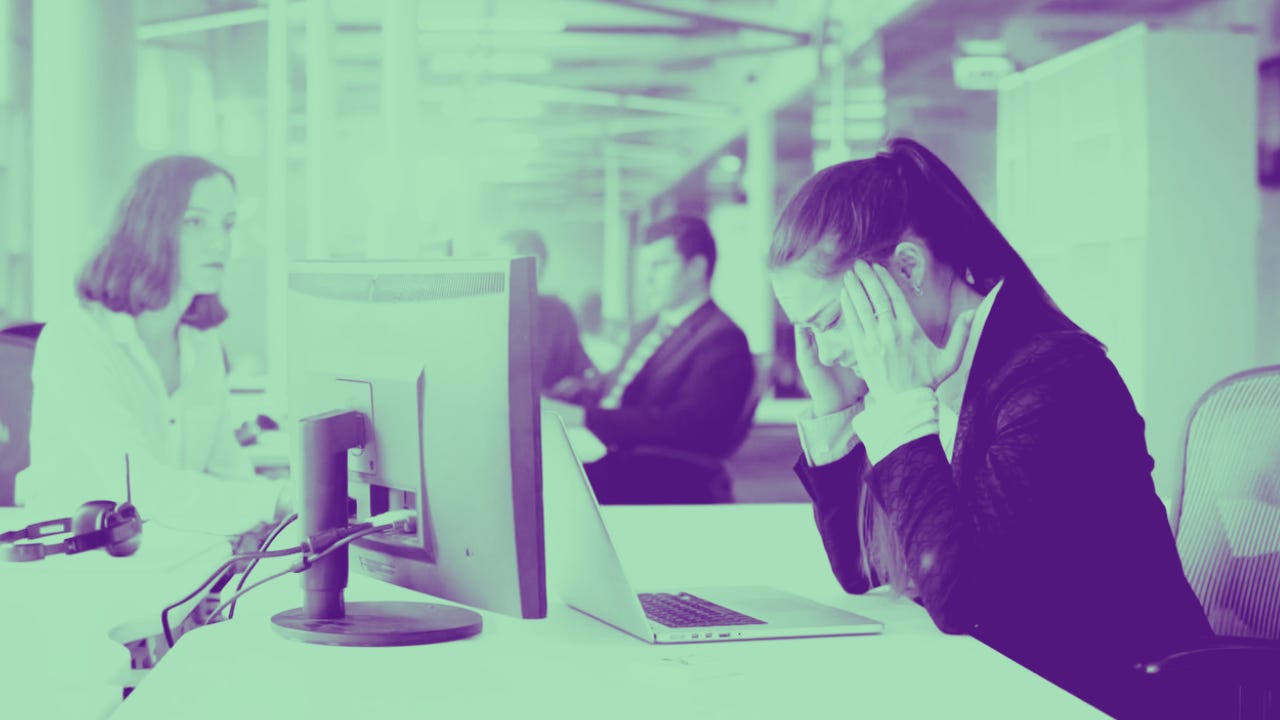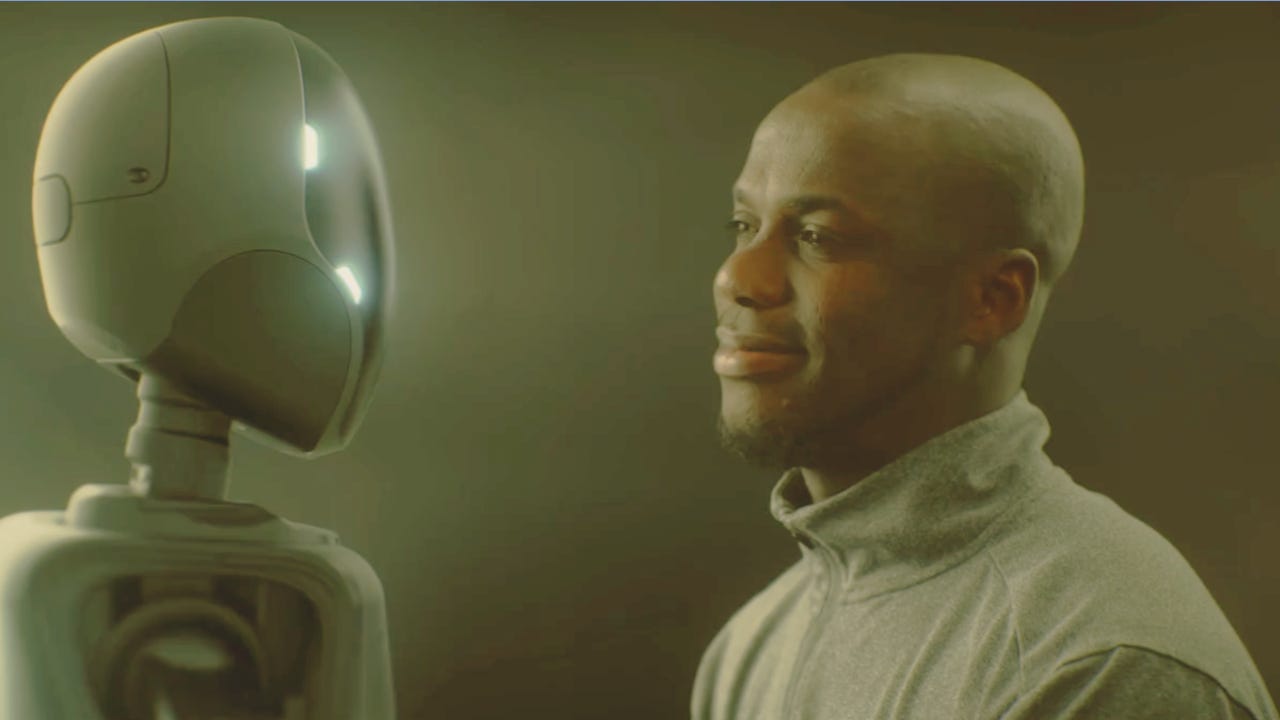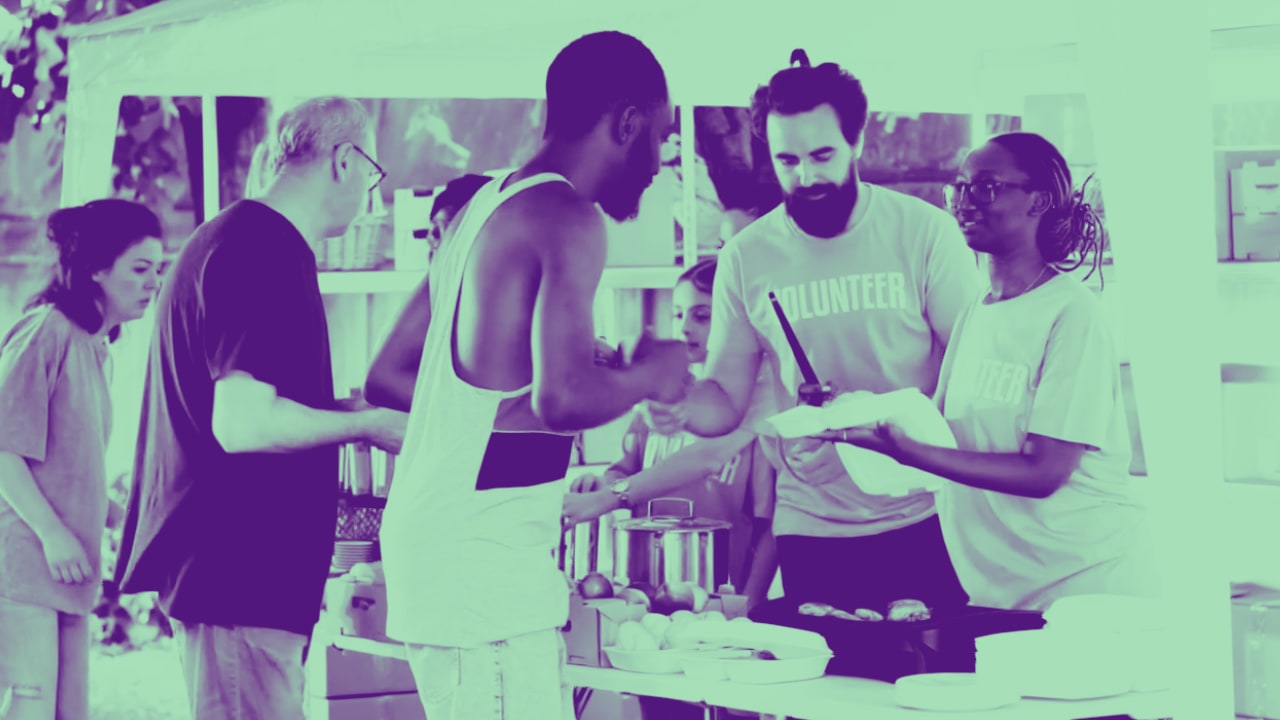When AI Cuts the Line, But Empathy Holds the Space
A reflection on layoffs, human worth, and how we stay grounded as changes mount
This is
- your weekly guide and shortcut to mastering emotional intelligence through the power of empathy. Last week I wrote my reflections on my recent return “home” to Japan, in Home Is Not a Place: Lessons on Empathy, Identity, and Change
I’m going to be honest with you.
Some of you will be replaced by AI, or at least AI will be used as the reason to terminate you.
Some won’t. But many will see their work transformed in ways we’re only beginning to understand.
This isn’t hyperbole. Just look at the wave of layoffs last week, including at Amazon.
Learning to work with AI and strengthening your abilities through it gives you a clear advantage. But that alone isn’t enough. The real differentiator: the thing machines can’t replicate, is our humanity.
Being human means showing compassion that can be felt. It means listening with genuine curiosity and presence. It’s the warmth of understanding in your eyes when someone’s voice wavers. Those are not inputs or outputs; they are connections.
We are at a crossroads, a moment of profound transformation, as we figure out where we fit as living, breathing humans in a world of rising artificial thought and capability.
We each have something uniquely human to bring to the table. Yet in the thick of all this change, amid the heaviness and the slow, grinding uncertainty that seems to define our era, it’s easy to lose sight of that.
In moments like these, the Stoics remind us to focus only on what’s within our control, our character, our actions, our response. The world may shift beneath us, but our steadiness, our capacity to choose calm over chaos, is ours to keep.
“So, I Was Laid Off This Morning”, Facing the Realities of Change
“So, I was laid off this morning.”
That was the message I received just days after returning from my trip overseas. I hadn’t been laid off, but reading those words still felt like a punch to the gut.
The message came from a friend who is brilliant, strategic, capable, and steady in a way I’ve always admired. Despite her younger age, I’ve long looked up to her fortitude and skill.
None of that mattered. At the end of the day, she was a number. She was one more name on a spreadsheet during the recent wave of tech layoffs, dismissed by an impersonal message with little warning or closure for work she had poured herself into.
This isn’t to say layoffs are never necessary. But the human toll is real.

When I was in Japan, I was reminded of a society that, in general, does not conduct layoffs. It’s nearly unheard of. The downstream impact, though, is complex. There are many so-called “zombie companies” that are propped up by low-interest loans. That stagnation can hold both companies and workers back. But socially, it also speaks to a culture that values stability and loyalty, sometimes even to a fault.
In college, I had a professor, a former executive, who taught us about the human side of executing a layoff. She once stood shoulder to shoulder with workers on the factory floor in West Virginia as the plant she led was closing. She told us about the pain of staying present with those people, motivating them to finish the work that would ultimately end their own jobs.
Her advice was blunt but unforgettable: “Lay off one or two percent more than you think you need to. Do it once. Do it compassionately. And don’t drag it out.”
I think of that advice often, and I sit in quiet grief now because what we’re seeing is the opposite. Layoffs are happening with alarming frequency, usually explained away by the broad, vague phrase: “because of AI.”
The butterflies in my stomach have finally settled, but I haven’t quite caught my breath.
What We Can Do: Build Together, Listen Deeply, Skill Up
So, what do we do?
We start by empathizing, more deeply than before.
No matter your religion, politics, skin color, or orientation, we’re all in this together.
We reach out even while we’re still employed, connecting, networking, and referring others for roles where we can. We sit with friends who are struggling. We listen without rushing to fix things.
Some of us may start our own businesses and hire others with transferable skills.
Some of us will learn to leverage AI more to our benefit, as I am right now with a deployment, rather than to our detriment, as the doom-and-gloom of the news would have us believe.
Those in leadership roles can create space for their teams to skill up in AI while also encouraging them to bring their human creativity and emotional intelligence to the table.
We learn to see AI as both a competing enemy and a partner. We leverage it to amplify our thinking, speed our analysis, and free us to do the deeply human work of insight, empathy, and imagination. The real opportunity isn’t human versus AI, but human with AI.

The average person today will hold more jobs in a lifetime than ever before, and that number will only grow as the nature of work continues to evolve. A decade from now, many of us will be doing work that doesn’t even exist today.
That reality can be terrifying. But it can also be freeing, if we stay open, adaptable, and connected to one another.
When my great-grandmother was widowed with four children, two of them disabled, including my grandfather, she didn’t go it alone. She anchored herself in her community. People with deep empathy helped her hold things together.
I admire her grit in running a general store and raising four kids on her own at a time when that was nearly unheard of. A few years ago, when I looked up public records, I discovered she had been part of a women’s business organization in her Pittsburgh suburb, active, giving back, helping others after having once been helped herself.
That’s the cycle. Sometimes we’re the ones in need; sometimes we’re the ones who can give.
If you’re still employed, you may feel survivor’s guilt and the weight of added responsibilities.
If you’ve been laid off, you may feel fear, grief, and disorientation, not just about work, but about what the future holds.

It’s easy to get stuck in anger and panic. But in the end, all we have is each other.
It’s okay to grieve. It’s necessary, even. But we can’t stay there. Change is inevitable, and if we move through it together, it becomes a transformation instead of a collapse.
We keep learning. We partner with AI where it makes sense. And we continue to bring our irreplaceable human skills: empathy, curiosity, imagination, to every table we sit at.
We give our time, our money, and our expertise where we can.
And if we’re the ones struggling, we reach out. People can’t help if they don’t know.
I still believe, even now, especially now, that we’re more kind and giving than we recognize.
EMPATHY ELEVATED IN ACTION
Emotional Intelligence →
When a colleague or friend faces job loss, resist the urge to “solve” it right away. Listen for what they’re really expressing — fear, loss, uncertainty — and respond to the emotion before the logistics.
Stoicism →
When change feels overwhelming, remember Marcus Aurelius’s reminder: You have power over your mind — not outside events. Focus on what you can control — your steadiness, your effort, your integrity — and let that be your anchor in uncertainty.
Human–AI Thought →
Don’t buy into the hype or panic. Quantify the real impact before reacting or reshaping teams around assumptions. Use data, discernment, and clear thinking to separate genuine transformation from convenient excuses. The goal isn’t to fear AI — it’s to stay human enough to see the truth beneath the noise.
✅ What I’ve been analyzing this week (reading, watching, listening, etc.)
📖 I’m reading the HBR Guide to Buying a Small Business: Think Big, Buy Small, Own Your Own Company (HBR Guide Series) because why not learn about all of the options out there to make a living?
📰I read about how HOPE is one of the most powerful emotions we can carry
📈 I read a post by
about when we hear there is a $5 Trillion Market cap, and what it really means for most of us

We can all be the givers most of the time.